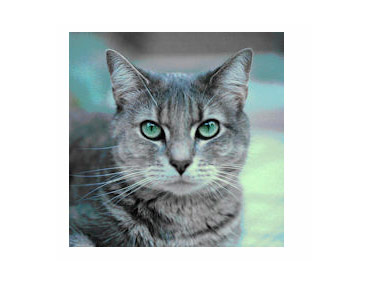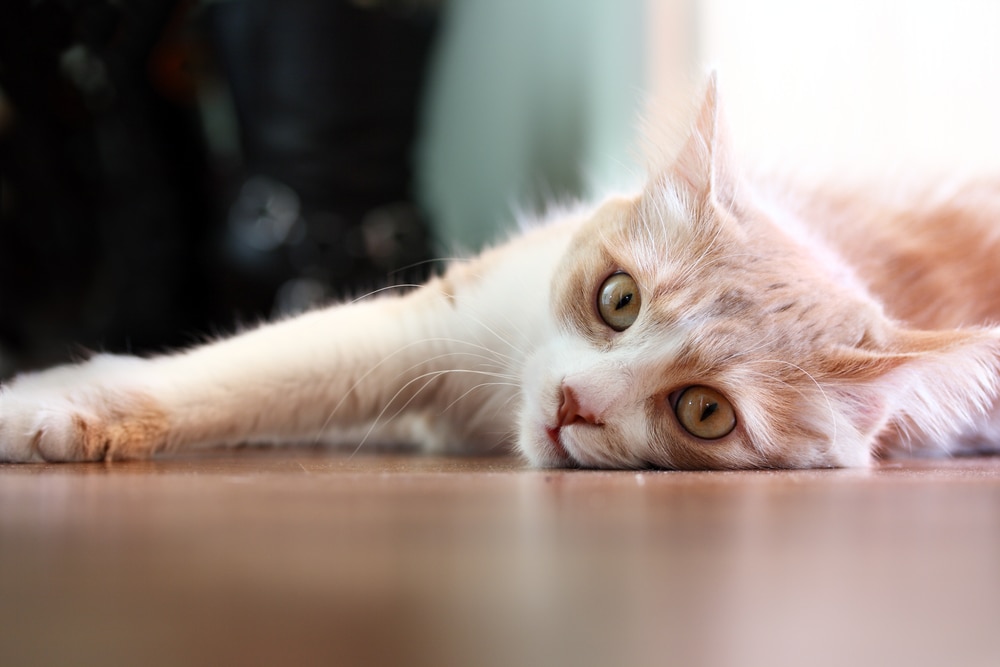crypto treatment in cats
Amphotericin B ketoconazole fluconazole and itraconazole have all been used to treat cats. Cryptosporidiosis is a highly prevalent gastrointestinal parasitic disease caused by protozoan species of the genus Cryptosporidium that infect a wide range of animals including people throughout the world.
Of the few treatment options that exist none have so far demonstrated constant elimination of the parasite.
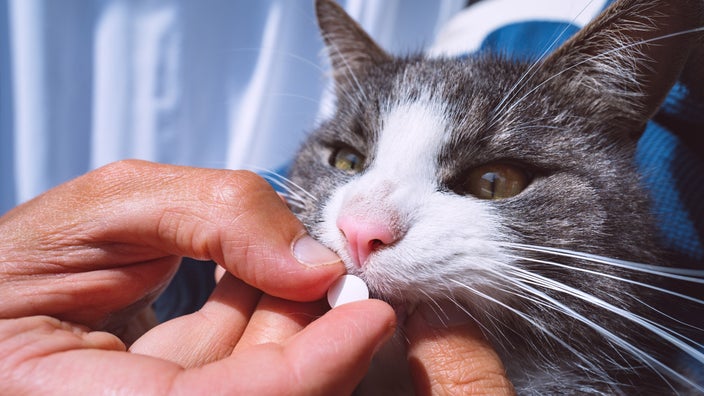
. Continued treatment is recommended until the antigen test is negative. Central nervous system CNS cryptococcosis usually occurs when the nasal form spreads back behind the nasal cavity into a cats brain. Clinical cure resolution of diarrhea rates range from 72-88 1.
Tylosin and nitazoxanide are GI irritants. Cats infected with Crypto shed the parasite in their stools without showing any symptoms. The potential transmission of Cryptosporidium between cats and people is currently pretty much undefined.
If the cat is responding to the first 7 days of therapy and toxicity has not been noted. There have been reports linking feline cryptosporidiosis to human infection. Parasitologic cure no Cryptosporidium detected in stool rates range from 60-75 1.
Cryptosporidium is a protozoan organism that lives in your cats digestive tract. Humidity tends to decrease during the wintertime but can also be a year-round problem in more arid climates. Cryptococcosis in cats treatment may also include surgical removal of the skin lesions.
Surgical excision of any nodules in the skin nasal or oral mucosa assists recovery. In cats Cryptosporidium spp. Treatment may last for many months.
Affected cats ranged from 2 to 15 years-of-age. DNA was amplified from 294 of cats with diarrheaIn cats C. Cryptosporidium is a very common intestinal infection of cats and kittens although most dont need treatment.
When symptoms do arise abnormal stools occur. In most cases Cryptosporidium felis infection in cats is asymptomaticThe majority of symptomatic cases of cryptosporidiosis manifest as watery diarrhoea and have been reported in cats with immune suppression or coinfection with other agents for example feline leukaemia virus feline immunodeficiency virus or Tritrichomonas foetus 1. Like humans cats may experience dry skin because of a lack of humidity in the air.
In the United States Cryptosporidium spp. The causal fungi Cryptococcus neoformans and C gattii exist in the environment and in tissues in a yeast form. Twenty-nine cats with naturally occurring cryptococcosis were evaluated prior to commencing oral fluconazole therapy 25-100 mg every 12 h.
It is caused by single-celled parasites of the genus Cryptosporidium which infects a wide variety of vertebrates including cats dogs humans horses and livestock. It can occur by itself or as a secondary infection in cats who have lowered immune function. The basic therapy is the relief of symptoms and increased fluids.
Cryptosporidium is characterized by diarrhea and gastroenteritis. The Companion Animal Parasite Council is a great resource for veterinary parasitology recommendations. Felis is most common and is transmitted between cats by the ingestion of feces from mutual grooming shared litterboxes ingestion of contaminated food or water and.
Efficient preventive measures have not been demonstrated. The 9 Causes and Treatments of Dry Skin on Cats. Unfortunately there is no miracle drug that treats Cryptosporidium in cats although we wish there was.
Cryptococcosis is a systemic fungal disease that may affect the respiratory tract especially the nasal cavity CNS eyes and skin particularly of the face and neck of cats. Are intestinal coccidian parasites that are associated with disease in some infected hosts. Cats with cutaneous cryptococcosis show single or multiple non-painful non.
Treatment of cats that are undergoing infection is a difficult as treatment is in humans. 21 appeared to be over-represented in comparison to the hospitals cat population. Some medications used in the treatment include fluconazole or itraconazole amphotericin B flucytosine and amphotericin B lipid complex.
66 and Siamese cats 5. Cryptosporidiosis or crypto is the name of a protozoal infection affecting the small intestine and sometimes the respiratory tract of affected hosts. Read on to learn more about the symptoms and treatment of this feline infection.
There is a chance that the cat may develop drug resistance over time. Parasitologic cure rate was a key consideration in developing prevention recommendations that ask people to refrain from swimming for 2 weeks after resolution of symptoms. Cryptosporidiosis is of considerable importance in neonatal ruminants in which it is characterized by mild to severe diarrhea lethargy and poor growth rates.
Associated diarrhea sometimes resolves after administration of tylosin 1015 mgkg PO q12hr azithromycin 10 mgkg PO daily or nitazoxanide 1025 mgkg PO q1224 hr. Cats with the CNS form of the disease can be affected by sudden blindness seizures behavioral changes and head or spinal pain.

Coccidia In Cats And Kittens What Is It Symptoms Treatments And More
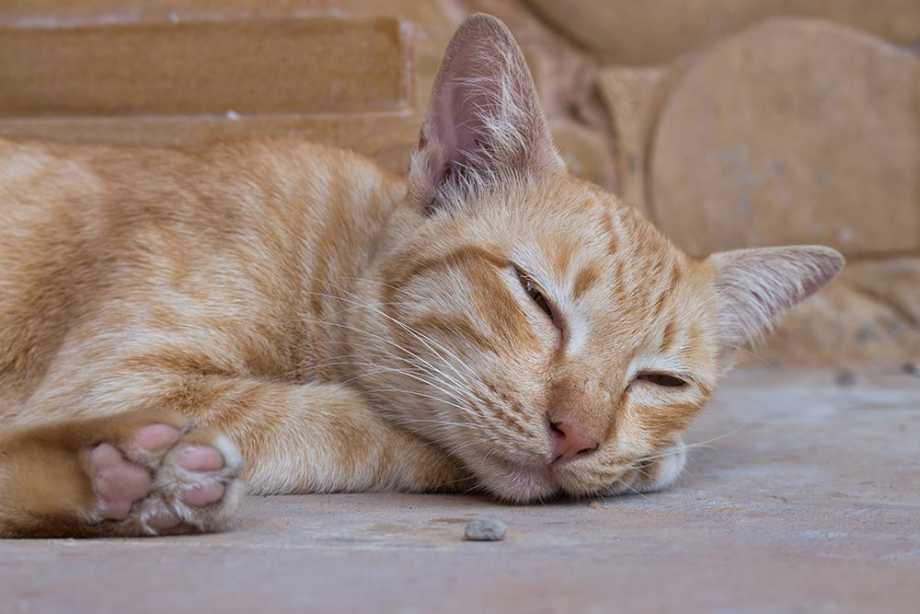
Coccidia In Cats Small Door Veterinary

Giardia In Dogs Cats And Humans Giardia In Dogs Dogs Animal Hospital

Cryptosporidiosis In Cats Symptoms Causes Diagnosis Treatment Recovery Management Cost Cat Symptoms Cats Cats And Kittens

Companion Animal Parasite Council Cryptosporidium

Coccidia In Cats Symptoms Treatment Prevention Hill S Pet

Fungal Infections In Cats Types Causes Treatments Ventura Vet Fungal Disease In Cats
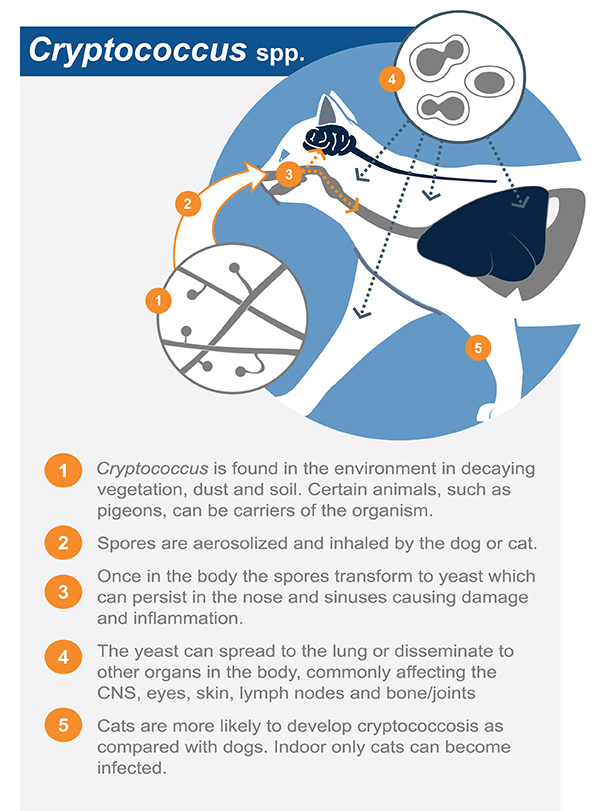
Miravista Veterinary Diagnostics Asks What Is Cryptococcosis
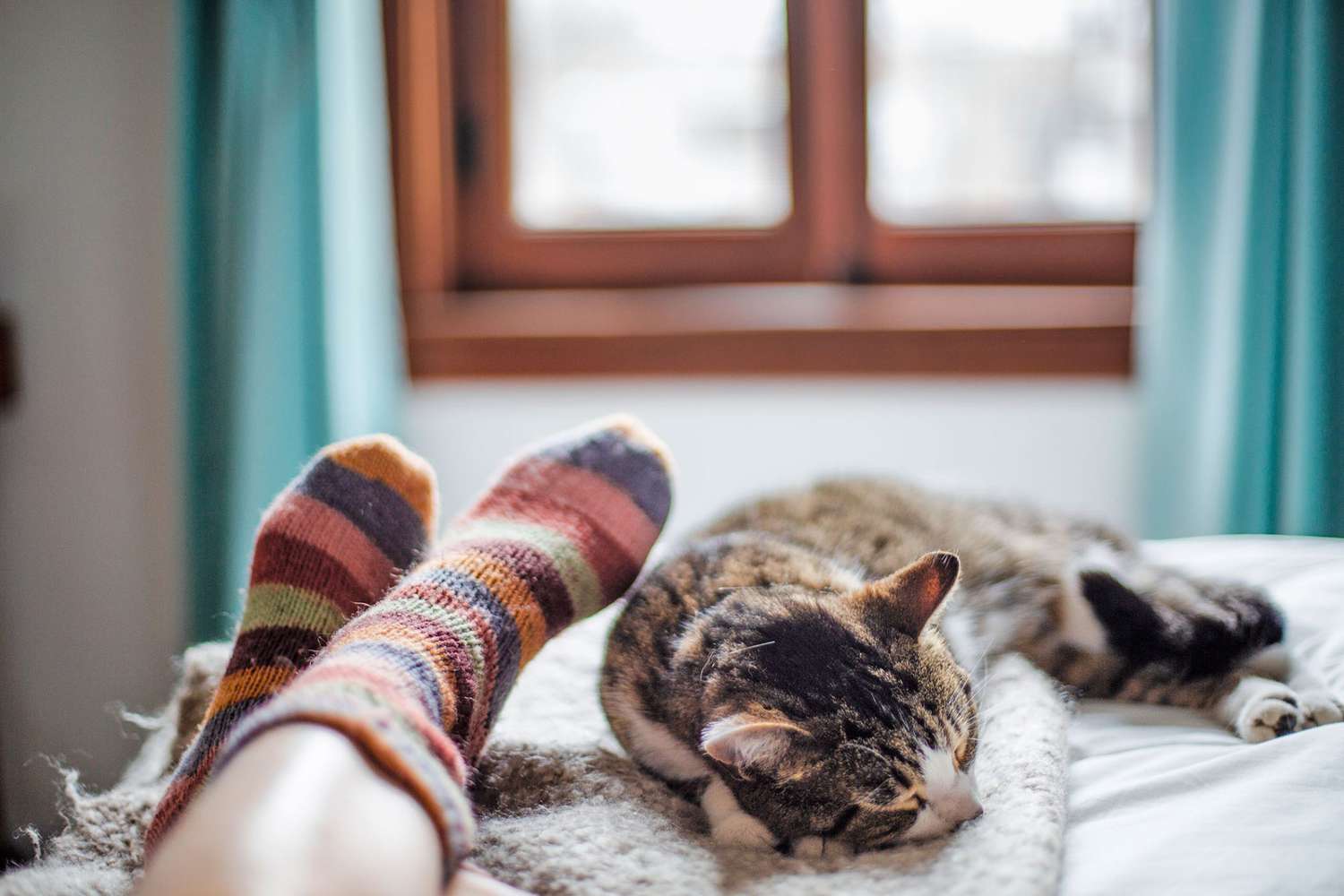
Coccidia In Cats Signs Symptoms And How To Treat This Infection Daily Paws

Feline Infectious Diarrhea The Usual Suspects Plus How To Deal With Them

Tritrichomonas Foetus Infection In Cats International Cat Care

Metronidazole For Cats How Flagyl Works Side Effects And More Goodrx

Intestinal Parasite Cryptosporidium In Cats Petmd
/ginger-cat-relaxing-1142424184-4e02175d72634795b60258da0a521b5f.jpg)


